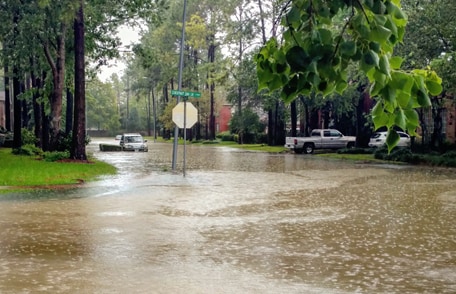CDC’s Climate-Ready States & Cities Initiative

CDC is using its public health expertise to help state, tribal, local, and territorial health departments prepare for and respond to the health effects that a changing climate may bring to their communities. Likely impacts include increased extreme weather events, wildfires, decreased air quality, and illnesses transmitted by food, water, and disease carriers such as mosquitoes and ticks.
CDC’s Climate-Ready States and Cities Initiative (CRSCI) is helping grant recipients from 13 jurisdictions use the five-step Building Resilience Against Climate Effects (BRACE) framework to identify likely climate impacts in their communities, potential health effects associated with these impacts, and their most at-risk populations and locations. The BRACE framework then helps our grant recipients develop and implement health adaptation plans and address gaps in critical public health functions and services.
The Climate and Health Program also funds partners through the “Strengthening Public Health Systems and Services Through National Partnerships to Improve and Protect the Nation’s Health” program managed by CDC’s, National Center for State, Tribal, Local, and Territorial Public Health Infrastructure and Workforce. These partners support tribes and territories’ climate and health work.
Specifically, the National Indian Health Board funds tribes through the Climate-Ready Tribes Program, while the Association of State and Territorial Health Officials supports climate and health work in territorial health departments. In addition, the National Association of County and City Health Officials supports three jurisdictions in their ongoing climate change and health adaptation initiatives at the local level.
For more information on health department activities funded by CDC, see “Preparing for the Regional Health Impacts of Climate Change in the United States.” [PDF – 4 MB]
For more information on the CRSCI or our work with tribes and territories, please contact our program at climateandhealth@cdc.gov.